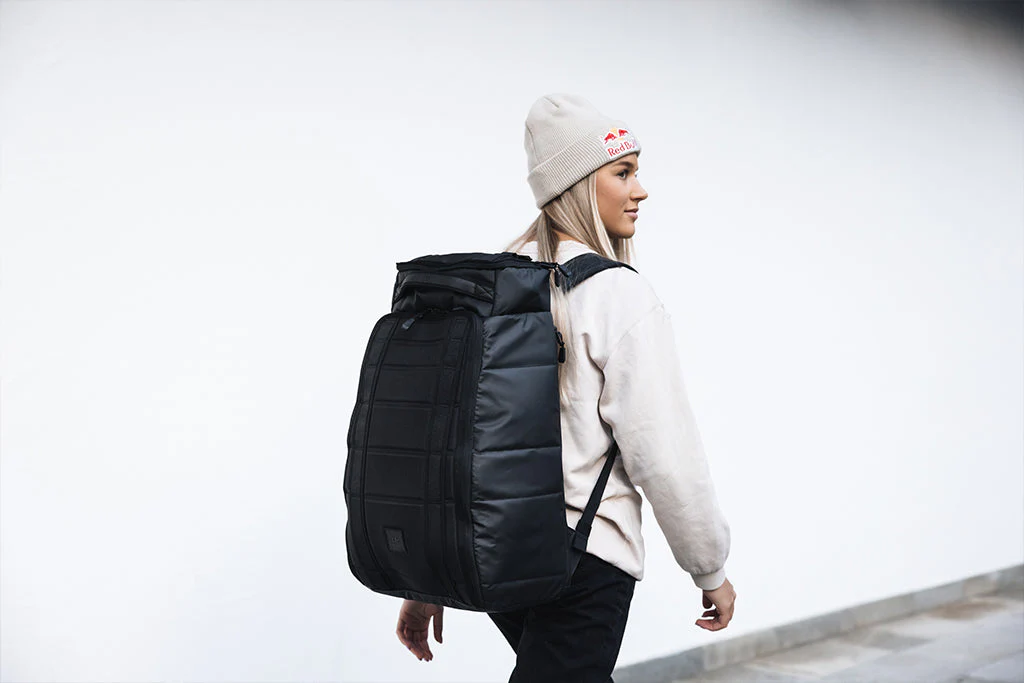
Can I exercise when I'm sick?
Today, we’re addressing a topic that many people are unsure about. How should you think when you’re feeling a little under the weather? When is it appropriate to have a workout, and when is it best to rest, drink plenty of fluids, and go all in on binge-watching TV series on the couch?
Be Considerate at the Gym
Generally, we have a simple approach to exercising when you’re sick: if a trip to the gym could make others sick, stay home. This applies to coughing, runny noses, sore throats, fevers, and anything else besides general fatigue.
This doesn’t mean you can’t work out at home when you’re sick (more on that later), but be mindful of others when you’re experiencing illness symptoms.
Can You Work Out at Home When You're Sick?
Since COVID-19, most of us have trained at home at some point. The risk of infecting others is minimal, which allows us to get the much-needed movement even when we’re feeling a bit unwell.
Here’s the problem: all types of intense exercise trigger a stress response in the body. This stress response is often referred to as a sympathetic activation (something we discussed in our text about cold baths). The sympathetic system consists of several reactions that occur when our body is under stress. Both the nervous and hormonal systems are activated to prepare your body for the demanding situation, like an intense workout. When you’re healthy, the body naturally responds to this activation, and you primarily experience the sympathetic activation as increased heart rate and tension in the body.
What to remember when talking about exercise and illness is that the body is already at work before we even start to train. Any form of illness is a sign of a system out of balance. It usually involves a bacterium or virus that has invaded the body. Even before we become aware that we have an intruder, our immune system is already hard at work, which can be noticed by swollen lymph nodes in the throat or around the nose.
When we are sick, our existing stress levels are already elevated. If we then add a tough workout, we risk overloading our bodies, which are already working hard, potentially making us even sicker.
What Is Our Rule of Thumb?
If we notice that our bodies are reacting much more strongly than normal during warm-up or at the beginning of training, along with a feeling that something isn’t right, we know it’s time to deviate from our normal training load.
However, this doesn’t mean you have to become one with the couch, whether you choose to skip the workout or are actually sick. As long as you choose the right type of movement, you can continue to exercise even during recovery; it’s all about choosing the appropriate level (stress response).
How Should I Train When I’m Sick?
If you can’t resist working out when you’re sick, you should focus on low-intensity movement. Low-intensity training can help you feel better, and if you feel better, you will likely recover faster.
What Counts as Low-Intensity Training?
Any type of movement where you can maintain a low, controlled heart rate is considered low-intensity training. This can be walking or a gentle pace on a cardio machine you like and have at home. Even simple mobility exercises can provide a nice boost without stressing the body.
The key is to keep your heart rate low during the workout. You shouldn’t be out of breath or feel like you’re straining yourself. Listen to your body and choose an exercise that allows you to maintain an easy pace.
Think of these sessions as a spa day. You should feel rejuvenated and energized afterward, not exhausted.
What Should I Wear When I’m Sick?
When you’re not feeling your best, it’s especially important to choose the right type of clothing. Breathable materials that keep you comfortable can make a significant difference in how well you feel. We recommend soft, loose-fitting clothes that feel nice against your skin. Ideally, a long-sleeve t-shirt, a pair of joggers, and a thick sweater. If you’re going outside, make sure you can keep your head and neck warm. For example, having a buff and a beanie ready in your pocket is a good idea as they don’t take up much space.
Summary
We believe in listening to the body. Not being afraid of movement or pushing through no matter what. Those who are attuned to their own signals will automatically receive the answers.
Need to get outside? Do it. Need to stretch out your body after lying on the couch for too long? Do it. If you’re unsure of what your body is signaling, you should definitely contact a doctor.
Take care of yourself!



